Seven giant pandas, including Fubao, has returned to China since this year, meanwhile, 10 more giant pandas including whose cooperation agreements are due to expire and cubs are reaching maturity are set to return China later this year, said an official from the China Wildlife Conservation Association on Thursday.
As of now, China has partnered with 20 countries and 26 institutions in exchange and cooperation of giant pandas, which has been warmly welcomed by people from countries involved, Wang Weisheng, an official from China's National Forestry and Grassland Administration said at a press conference on Thursday.
Panda cooperation has played a unique and positive role in promoting friendly exchanges between people from different countries, spreading the concept of ecological civilization, and jointly overcoming a series of technical difficulties in the areas of giant panda breeding, disease prevention and control, and reintroduction into the wild.
China prioritizes the task of ensuring giant pandas living abroad receive good care, protection, and health guarantees, Si Ping, an official from China Wildlife Conservation Association said at the media conference.
The Chinese government attaches great importance to international cooperation on giant pandas, continuously summarizes successful experiences and effective practices, and constantly improves relevant management systems to keep pace with the times, said Si, noting that the clauses and content of international cooperation agreements on giant pandas will also be supplemented, modified, and improved in a timely manner.
She revealed that since last year, China had sent expert groups to conduct inspections and evaluations of every giant panda living abroad.
The results show that the overall health condition of giant pandas living abroad is good; a few in poor health can receive timely medical treatment and good care. Foreign institutions have formulated management norms and technical regulations for giant panda health monitoring, breeding and disease prevention in accordance with Chinese management requirements and cooperation agreements.
Partner institutions strictly adhere to providing monthly health assessment reports to China and submitting annual physical examination reports at the end of the year. The sources of bamboo, the main food of giant pandas, are guaranteed, Si noted.
In discussing plans for international cooperation on giant pandas in China this year, Si briefed journalists that in addition to Spain, China will also initiate a new round of international cooperation on giant pandas with the U.S., Australia, and Austria.
Spain, the U.S. and Austria were among the first countries to carry out international cooperation with China regarding giant panda conservation. Thanks to the joint efforts of their research teams, China and these three countries have managed to breed a total of 28 giant panda cubs, Xinhua News Agency reported in February this year.
At the same time, seven giant pandas, including "Fubao," have returned to China. Recently, "Fubao" met the public at an event was held at the Shenshuping Base of the China Giant Panda Protection and Research Center. According to the agreements, more than 10 giant pandas will be returned to China this year as their agreements expire or as the panda cubs reach a certain age.
When Chinese Premier Li Qiang visited Adelaide on Sunday, he said that two pandas, Wang Wang and Fu Ni in Australia will return to China this year as agreed by the two sides, adding that China is ready to continue cooperation with Australia on panda protection and research.









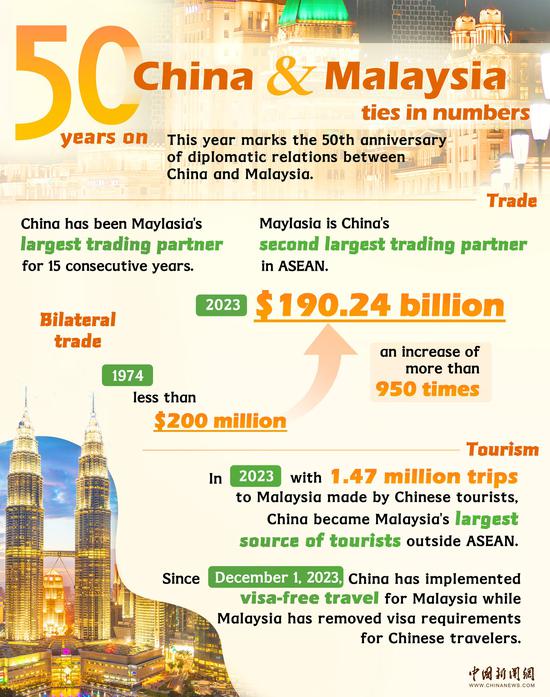












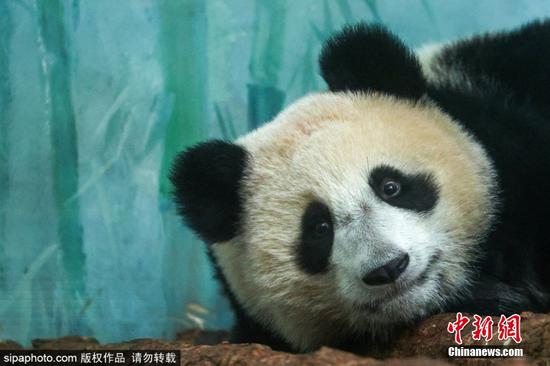
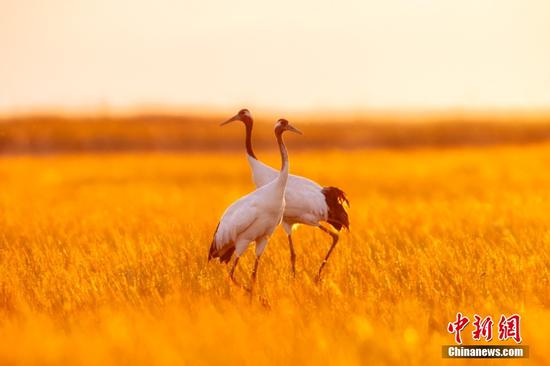

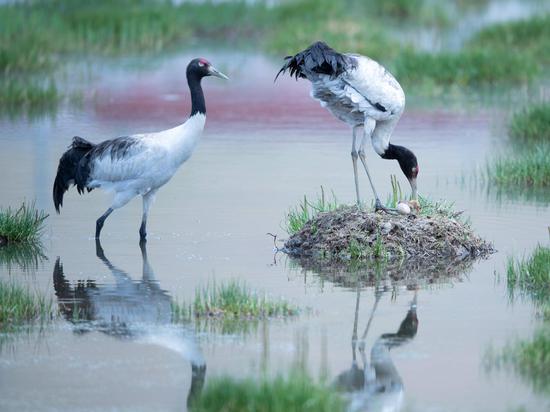




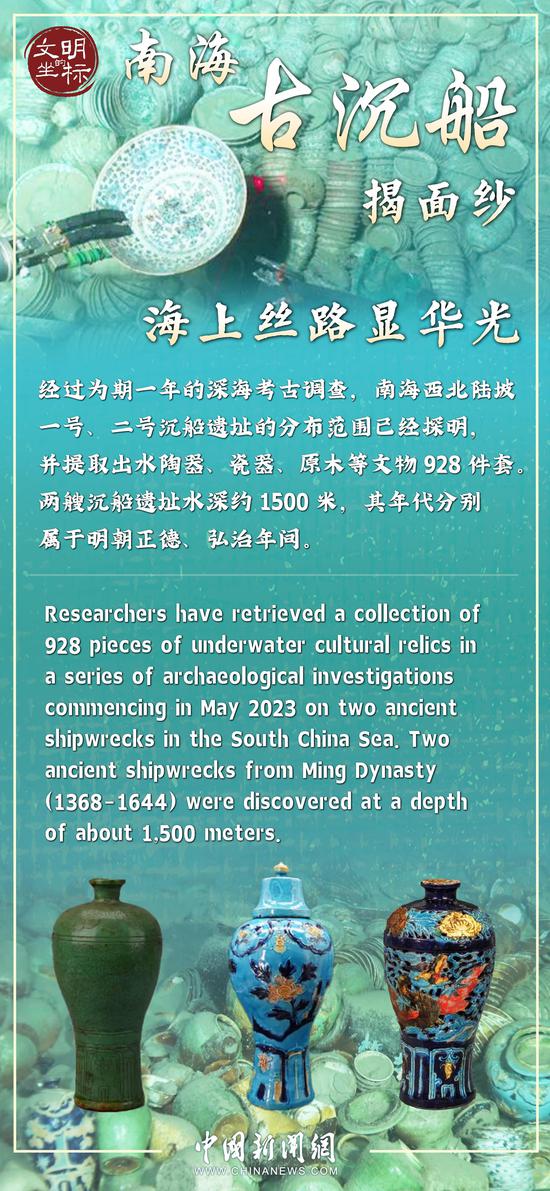

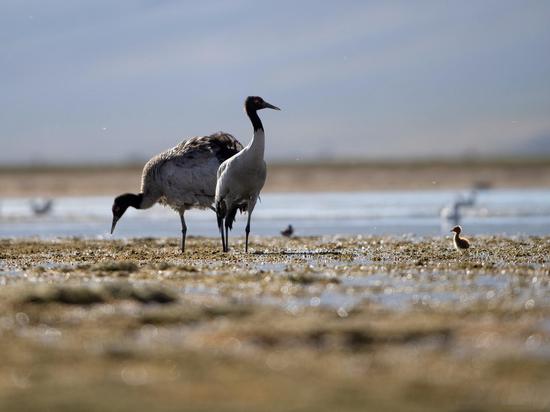
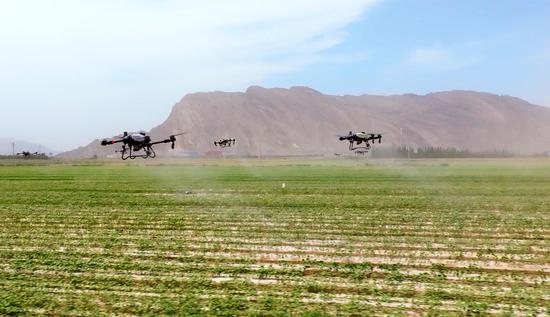







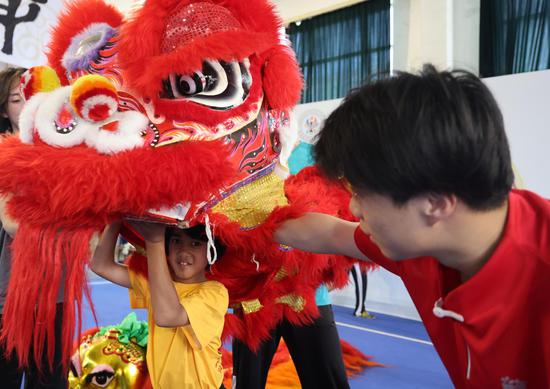








 京公网安备 11010202009201号
京公网安备 11010202009201号
